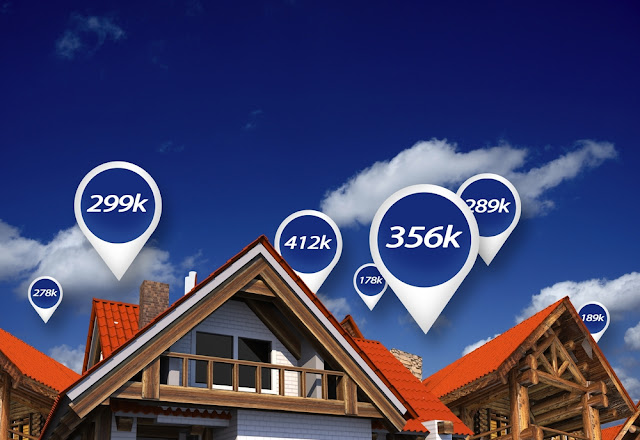Worldwide, the social and economic impact of the COVID-19 pandemic was visible. In the UK, virus mitigation measures hurt the economy, and each passing week in the pandemic’s early months brought news of job losses. However, while initially following the downward trend experienced by most economic sectors, the housing market has seemingly been immune to the crisis. Indeed, after the housing market reopened in the summer of 2020, increased prices and market activity have highlighted the sector’s performance.
The positive performance has its foundation in the surge of pent-up demand experienced after the UK’s initial lockdown. The rebound was further boosted by the UK Government’s stamp duty holiday announcement in July 2020, which is expected to end in March 2021. Buyers eager to take advantage of this tax cut rushed to get mortgage approvals, which the Bank of England said rose by 22 percent in the third quarter of 2020. By October 2020, annual house price growth rates had reached their highest level since the mid-2010s.
Even after subsequent lockdown measures to reduce the coronavirus’s spread, the property markets in England, Northern Ireland, Scotland, and Wales remain open. This is good news for estate agents, buyers and investors, who can undertake house viewings and facilitate home moves. As a result, the overall transaction numbers have increased, with provisional HMRC data showing property sales up 19 percent year-on-year in December 2020.
The positive momentum is expected to continue in 2021, as observers expect a surge in activity in the first quarter before the stamp duty holiday ends. Afterwards, a host of factors are likely to lead to a gradual slowdown in housing activity. A review of the Help-to-Buy scheme is one of them, as is the overall economic recovery. The ending of mortgage payment holidays and policy support schemes for workers are other events that will have a downward effect on the market.
Is It the Best Time to House Hunt?
As residential property investor Zuneth Sattar knows, timing is essential. Encouraged by the savings from the stamp duty holiday and an increased preference to work from home, many potential homebuyers are considering getting on the housing ladder. According to property analysts, there is no harm in looking around as the market balance is unlike anything seen in years. As many people consider their choice of abode and moving out of the big cities, there’s an adequate amount of stock to view.
For buyers, the availability of options means there is no pressure to make snap decisions on a property. The downside is that there is a possibility of many like-minded individuals looking to buy, so long wait times on the legal and financial aspects of the purchasing process are expected.
Some are hesitant to buy a property in the current environment. Their concerns are primarily financial, which is why it is important to have a clear baseline of what’s affordable. Personal circumstances will dictate whether an individual can proceed with the process. For those with a deposit – perhaps even boosted by additional savings as a result of lockdown – and job security, taking advantage of low interest rates could turn out to be a good decision.
 |
Market Predictions
The optimism around the housing market is expected to continue, even though there is divided opinion on whether it will last into the latter parts of 2021. The estate agents Hamptons and Savills believe house prices will stay put in 2021, while Rightmove forecasts a four percent growth in the year. Zoopla foresees growth reaching five percent before falling to one percent by the end of the year, while Halifax predicts a fall by as much as five percent.
 |
2020 HousingTrends: The Rise in Home Working

No comments:
Post a Comment
Note: Only a member of this blog may post a comment.